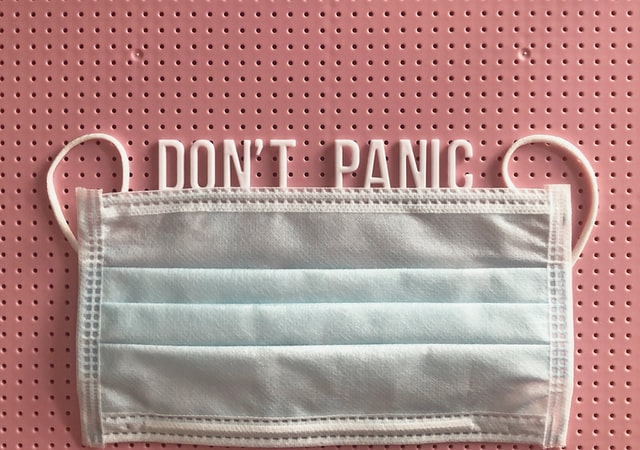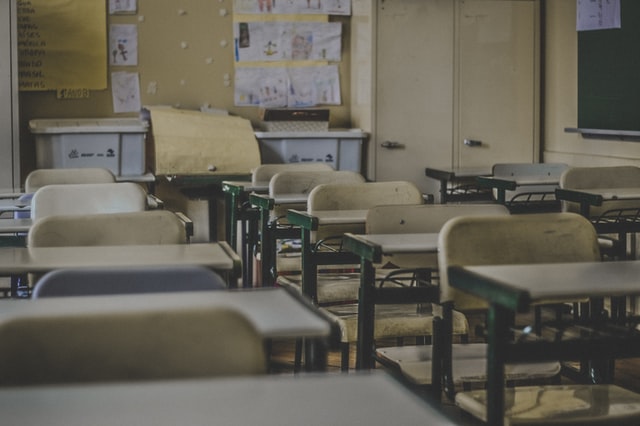
We were not prepared for a pandemic. Neither with a solid plan nor with a responsible attitude. Schools and colleges, which were not already online, had to make the switch. How did we as students, teachers, parents, and administrators cope? Well, not too well really.
Did we evolve into explorers, creators, and facilitators? The thought of not just learning professionals but everyday people around the globe indicate we did not; not nearly well enough anyway. Rather than regard the online, study-from-home scene, as an opportunity to use collaboration, tech, and communication well to deliver more focused learning, most were all too happy to just dumb things down and with it ourselves, our children, and others.
Things are different in different parts of the world though. Some European countries’ education systems continue to prove themselves to be world leading, although generically, we all failed. Lessons shared were not shared well enough nor were they implemented with any enthusiasm, and it shows. Subtle and not so subtle differences in countries, based on their development index, are plenty though.
The world has always gone through ups and downs, which is why what we pass on has to be “flexibly rock solid”, if you can imagine what that entails. “We” do not have that, and although most deny it, it is clear within the learning universe.
Developed countries had it easy and, broadly speaking, they did not capitalize on it as the opportunity it could have been. Both teaching staff and learners at home are tech savvy and have the space to sit undisturbed. So why did the level of learning lower and curriculum reduce in even the most developed countries? Why was a physical setting important for instruction and facilitation? Were learners really that stressed sitting at home that their “workload” needed to be reduced? Instead, these learners and their facilitators could have immersed themselves in a sea of learning and ridden waves of tech, quick development, and strong networks.
On the other hand, developing countries had it rough. Education is paramount to escape or build your circumstances for more than 70% of the population in these countries. Learners do not take their learning for granted. It is their only armour in capitalist settings. In these countries where politicians and capitalists rule untethered except by each other, most everyone is out for only themselves.
Most learners and educators did not only not have access to internet and smart devices, they weren’t tech savvy enough to adapt even if they would have had it. Support was minimal and developers took it as opportunity to profit through minimal, poor-quality development. They did not come together to strengthen their nations through quick delivery and good quality education for their future. More so, parents/guardians to learners who did have access to at-home learning, were not educated on how to enhance the learner experience while at home. Children quickly learnt how to avoid online classes rather than participate and enjoy them. Because educators were not nearly adept enough to maintain interest of their students. A simple example – say in an online school music class of 15 primary level kids, the teacher gives each child a turn to practice a piece, while the rest of the children sit idle or get distracted for the entire period, bar their 2-5 min turn.
Another point to note is that a lot of money was saved by schools, colleges, and corporates with reduced costs on especially supplies, logistics, and operations… and these savings were not transferred to paying customers or loyal employees.

Now, what is the point of lessons if one cannot learn well from them? This is the first global emergency situation faced by most of us. People died. People were mistreated. Families were lost. Children were orphaned. The opportunistic excelled at the cost of others. And then came hope. Although, there is always hope, and we should not have waited for it to be physically available before doing our best to ensure better outcomes in every aspect of our lives.
There is a lot of hurt and disappointment and a lot of it could/should have been avoided. Let us hope the percentage of people who strive for others grows now and we are better prepared for whatever may come our way next.

